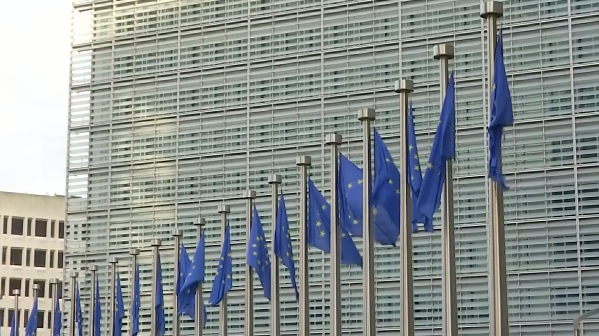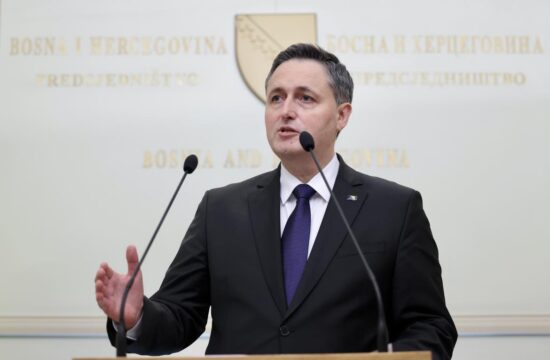
While acknowledging some progress on Roma issues and emerging potential for moving towards integrated schools, national minorities in Bosnia and Herzegovina do not enjoy effective access to their rights, the Council of Europe (CoE) concluded.
The Council of Europe’s Advisory Committee on the Framework Convention for the Protection of National Minorities concluded in its new opinion that Bosnia is deeply divided among the three constituent peoples (Bosniaks, Croats and Serbs) and that national minorities are institutionally discriminated against and unable to fully participate in political processes.
“Despite a European Court of Human Rights ruling, the right of the so-called “Others” to be elected and hold high public offices continues to be restricted due to a lack of political will to amend constitutional and legal provisions,” the CoE said.
The Council also noticed that public life in Bosnia continues to be marked by segregation, with persons belonging to constituent peoples residing outside a territory corresponding to their ethnic affiliations also suffering discrimination and in some cases violence and abuse.
“Political leaders and other public figures continue to make divisive and discriminatory statements, exacerbating ethnic divisions. Because such statements are not condemned they set the tone of impunity,” the CoE stressed.
According to them, there has been very little effort in teaching minority languages. There are no publications or broadcasts in these languages and they are not used in relations with the administrative authorities.
“Roma continue to face serious difficulties and discrimination in terms of access to employment, health services, mainstream education and housing. Many live in segregated communities, often in substandard living conditions,” the CoE pointed out. “Whilst identifying some progress in providing Roma with identity documents and as regards school enrolment, the Committee points to persistently high dropout rates, in particular among Roma girls.”
As one of their immediate recommendations, the Advisory Committee suggested amending the constitution and other legal provisions to eliminate the exclusion of “Others” and persons whose ethnic affiliation does not match their place of residency from running and holding public offices.
The Committee also calls for an unequivocal condemnation of public statements that incite ethnic hatred; doing away with segregation in education; and ensuring adequate access of Roma to housing, employment, health services and education.
Bosnian Constitution stipulates that Bosnia consists of three constituent peoples, the Bosniaks, Serbs and Croats, and the so-called group of “Others.” These are all the other peoples and minorities living in the country. The constitution allows for members of this group to run for some positions in the authorities, but positions such as members of Bosnia's tripartite Presidency, Presidents of two Bosnia's entities (the Federation of Bosnia and Herzegovina and the Republika Srpska) are off limits to them.
Most positions they are elected to are not the result of direct election, rhather they are elected indirectly, by the already elected officials and MPs and because of Constitutional provisions stipulating the mandatory percentage of representatives coming from the ranks of “Others.”




